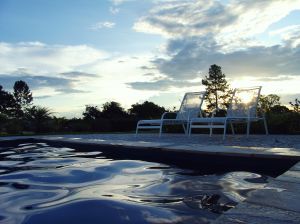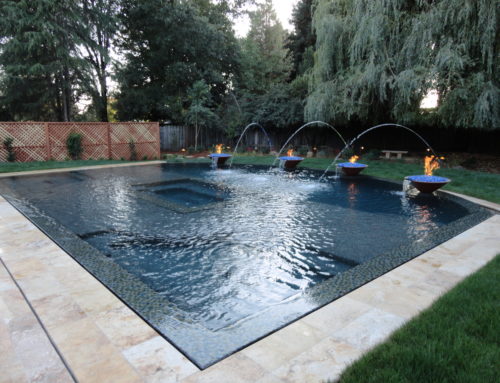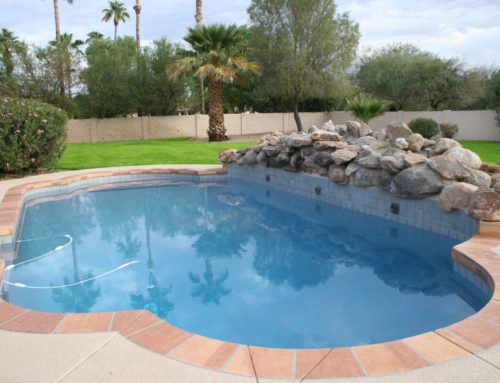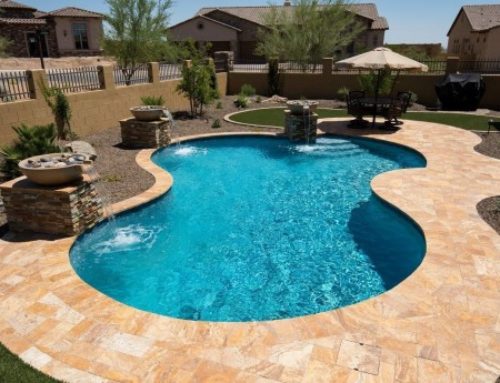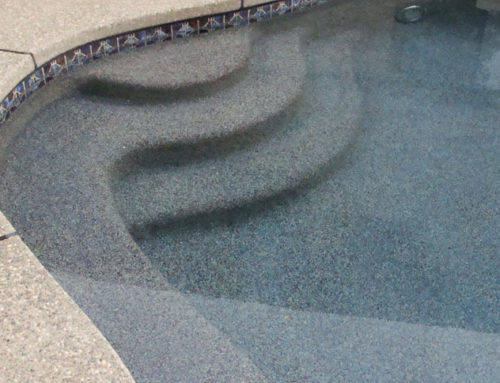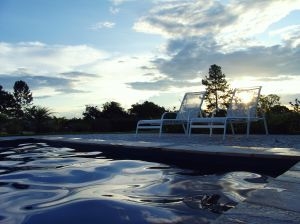
Okay, I know it’s still August, but I just want you to be prepared once the days become cooler. As it is,closing a swimming pool down for the winter is a gradual process as it’s best to take time to do it right. This will prevent pool problems during the winter season and avoid any delays when it’s time to open the pool back up.
Follow the steps below so when you’re ready to swim in 2010, so is your pool.
- Adjust the chemical balance of the water: The pH level should be between 7.2 and 7.8; the ideal is 7.4; Alkalinity: 80-120ppm; Calcium Hardness: 180-220ppm
- Gradually reduce the amount of times you use your pool filter
- Some folks like to shock their swimming pools one last time before closing; some don’t – it’s up to you
- If you’re pool resides in a region that experiences freezing temperatures or snow, remove items that may be damaged by the cold such as the pool cover, pool cleaner, skimmer basket, and wall fittings
- If water is drained, in-ground pools may be damaged by freezes and thaw in the surrounding soil, so leave the water in in the pool throughout the season
- Plug all the lines to and from the pool and take the water out of the lines to the filter; in some cases you may want to inject antifreeze into the lines between the pool and filter – but don’t use automotive antifreeze which can damage the system, use recreational-vehicle antifreeze.
If you’d like to hire a professional to close your pool, your costs fall between $250 and $550, depending on the size of the pool and travel time to the pool.
Whether you call a professional or close down the pool yourself, you’ll be glad you did once the warm weather sets in next spring.

